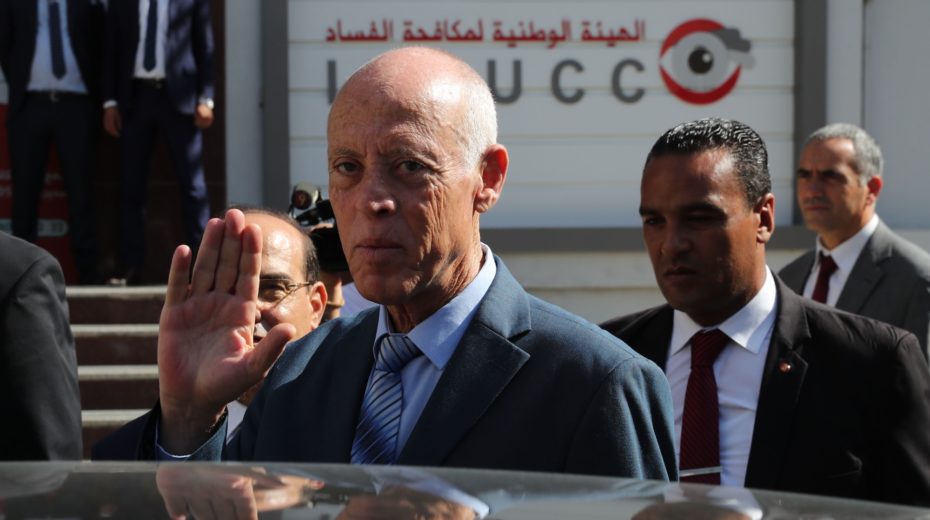Following the death of former Tunisian President Ji Sid Sibisi in July 2019, a new president for the North African country was elected on October 13th. Unlike most Arab states, Tunisia is one of a select few to choose a president in democratic elections. In Tunisia the presidency is not inherited, and despite being a Muslim country, religion does not rule the country, as is common in most Arab states. Tunisia symbolizes the spirit of democracy for which so many Arab countries yearn. As of this writing, Israelis with an Israeli passport can visit as tourists or for business in Tunisia, a rarity among Arab states.
Hundreds of Jews still live in Tunisia, where they enjoy a model of coexistence. Compared to other Arab states, antisemitic incidents against Jews have been rare throughout the history of Tunisia. The most significant incident was the April 2002 attack by Al-Qaeda against the synagogue in Djerba, in which 21 people were murdered. Nevertheless, Tunisia prides itself on coexistence with the Jews living in their midst. The most prominent example is the appointment of a Tunisian Jew, Renee Travulsi, to the position of Minister of Tourism in the previous administration. The appointment of a Jew to serve in the government of an Arab state is extremely unusual.
But the recent presidential elections seem to have changed all that. In the second round of voting, independent candidate Kais Saied defeated his opponent by a large margin, winning more than 70 percent of the vote. His victory, however, was achieved in large part due to his hatred of Israel, expressed in numerous incendiary statements against Israelis and the Jewish state. In a televised debate that took place a few days before the election, Kais promised to ban Israelis from entering Tunisia if elected. During nearly every appearance, the candidate expressed his unwavering support for the Palestinians and came out against Israel and any normalization with the Jewish state. Among other things, he said: “Anyone who maintains contact with the Israeli entity is a traitor and should be prosecuted for treason.” Then, in the same sentence, he went on to admit that, “Tunisia embraced and protected Jews from the Nazis during World War II.”
Although Kais’ comments were not directed specifically against Jews, his provocative statements sparked great enthusiasm on the Tunisian street and on social networks. Hundreds of young people visited his office and volunteered to help him on election day. While the Palestinian issue is not a priority among the political leaders of Tunisia, it is still a hot topic on the Arab street. Statements in support of the Palestinians, and especially against Israel, earned the candidate an advantage and popularity with the masses. Arab leaders know full well how to use the Palestinian issue to gain prestige and sympathy with the Arab public. The first to realize this was former-Egyptian President Gamal Abdel Nasser, who used to threaten Israel and promised to “throw the Jews into the sea.” Thanks to these kinds of statements, he became the most popular personality in the Arab world at the time.
In the end, election promises are made in every campaign around the world, and it is still unclear as to whether or not President-Elect Kais Saied will allow his hatred of Israel to manifest in local acts of antisemitism. One cannot, however, discount the new president’s alliance with the Islamic Allanhada Party, which helped him get elected.
Will Israelis be stopped and arrested at the border as they try to enter Tunisia for business or tourism? Will the newly-elected president stop inciting against Israel and begin to look to the welfare of his own country? Radical Islamic groups looking to take over more territory from which to launch their attacks against Jews in Israel and around the world will surely be watching, as will the long reach of Israeli intelligence.















